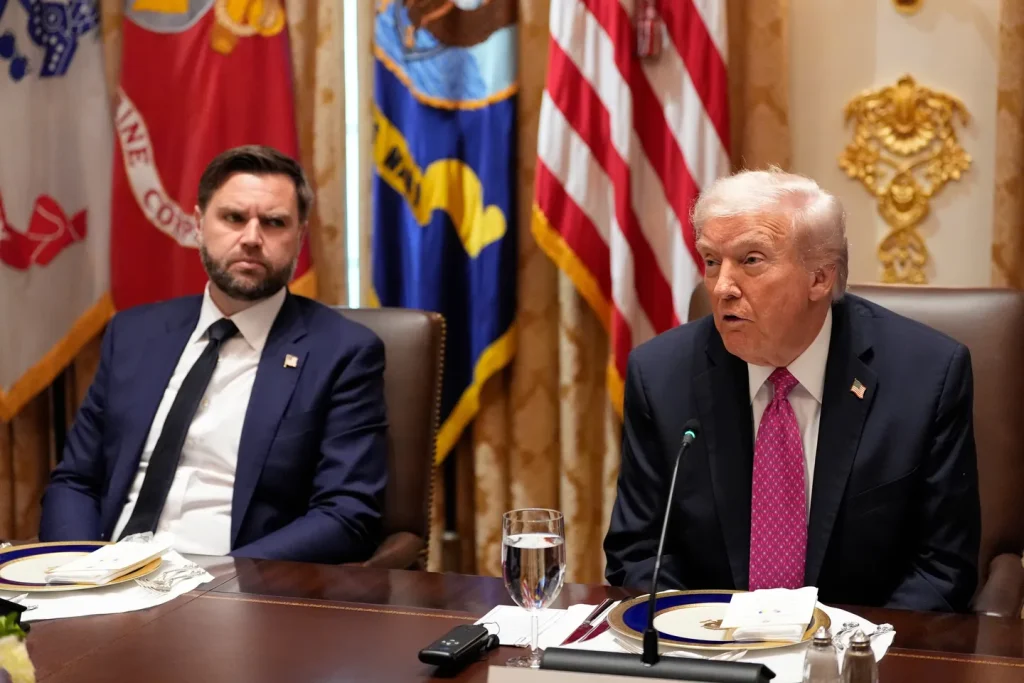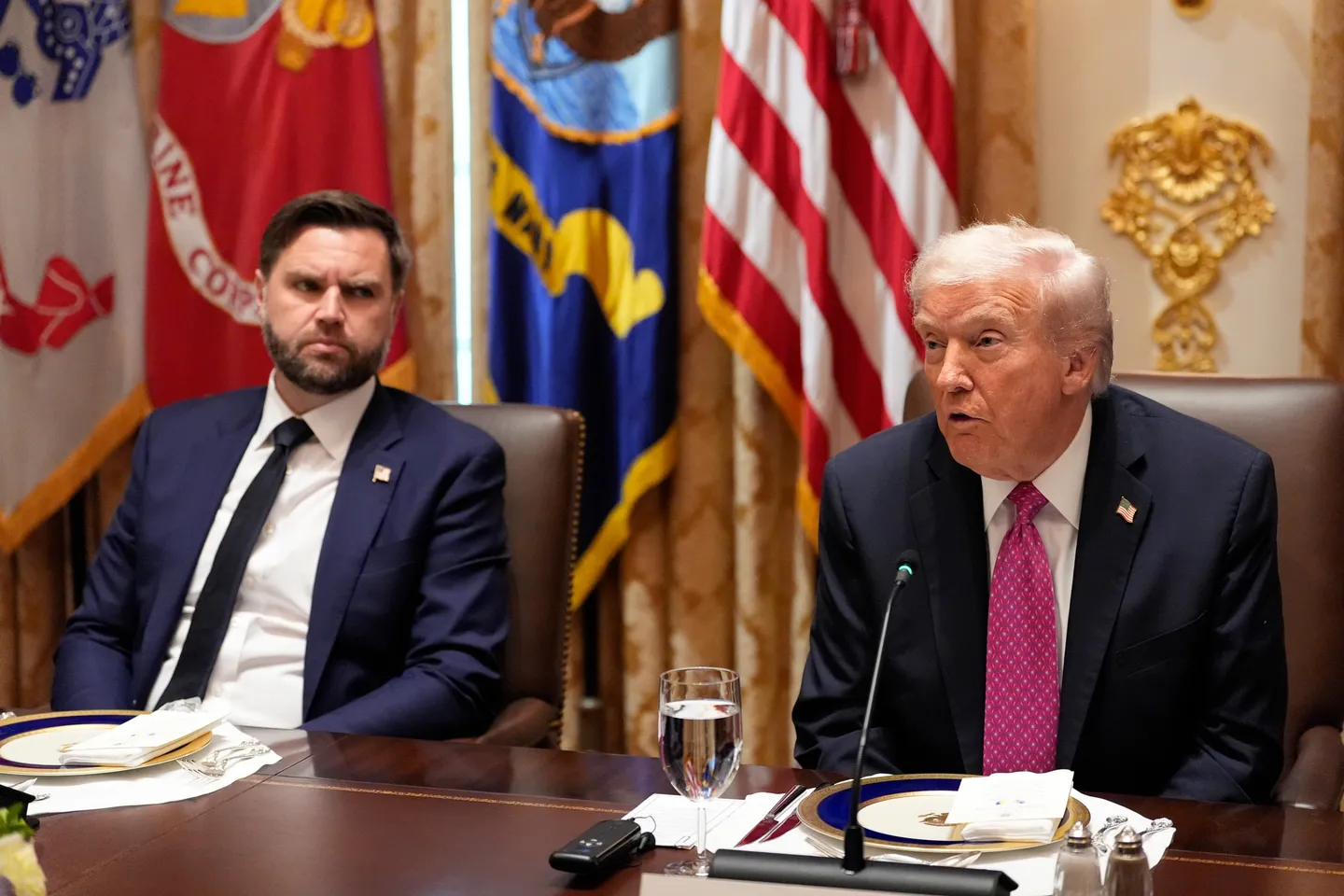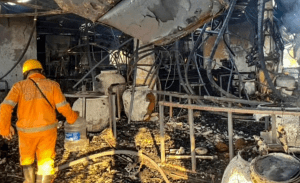Donald Trump sends Vice President JD Vance to Israel amid fears that Prime Minister Benjamin Netanyahu could collapse the fragile Gaza ceasefire. US envoys Kushner and Witkoff work urgently to keep the truce alive.

Donald Trump’s administration is scrambling to keep the fragile Gaza ceasefire alive. According to reports, the White House fears that Israeli Prime Minister Benjamin Netanyahu may resume large-scale attacks against Hamas, threatening to unravel weeks of diplomatic progress.
Washington Steps In
As post-truce strikes continued across Gaza, Vice President JD Vance was dispatched to Israel. His mission: to pressure Netanyahu to hold the ceasefire and to demonstrate Washington’s “unwavering commitment” to stability in the region, as reported by The New York Times.
The move underscores the Trump administration’s concern that Netanyahu’s political maneuvering could destabilize the ceasefire deal, which was brokered through intense US–Middle East diplomacy.
Envoys on the Ground
White House officials Steve Witkoff, the US Middle East Envoy, and Jared Kushner, Trump’s son-in-law and senior adviser, arrived in Tel Aviv on Monday. Their joint visit marks a coordinated effort to ensure Israel’s compliance with the ceasefire terms negotiated with Hamas.
Both envoys, according to US sources, believe the peace deal is “on the brink of collapse.” Their focus now is to keep Netanyahu from launching another all-out military offensive, which could reignite full-scale conflict across the Gaza Strip.
Tricky Terms and Tensions
Talks in Jerusalem reportedly centered around the “trickier areas” left vague in the initial truce. These include the formation of a regional stabilization force, the demilitarization of Hamas, and the future governance of Gaza once hostilities fully end.
Sources within the Trump administration revealed that both Witkoff and Kushner are “deeply aware” of the political pressure Netanyahu faces from his right-wing coalition, many of whom view the ceasefire as a sign of weakness. Balancing Israel’s domestic politics with US diplomatic goals has become one of the administration’s toughest challenges yet.
Ceasefire at Risk
Reports from the ground suggest that Israeli airstrikes have continued in parts of Gaza even after the ceasefire announcement, raising doubts about Israel’s full compliance. Palestinian officials have accused the Israeli military of “violating the terms” of the deal just days after it was signed.
Meanwhile, Hamas leadership has warned that any breach could lead to a total breakdown of the truce, reigniting violence and reversing limited humanitarian progress achieved since the deal took effect.
Trump’s Diplomatic Gamble
For Donald Trump, maintaining the Gaza ceasefire is a high-stakes political gamble. The former president has touted the agreement as evidence of his deal-making prowess and his administration’s ability to “bring peace to the Middle East.”
Yet behind closed doors, officials admit the deal is fragile — dependent on both Netanyahu’s cooperation and Hamas’s restraint. With JD Vance now on the ground, the White House hopes to use its influence to prevent a relapse into conflict.
If Netanyahu defies Washington’s calls, the move could strain US–Israel relations and complicate Trump’s broader vision for a post-war Middle East.








Comments are closed.